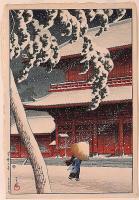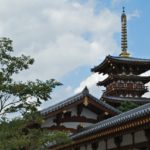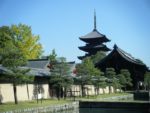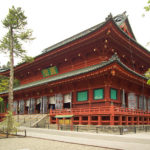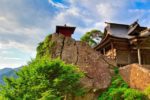Peaceful Konjikido (Golden Hall) of Chusonji Temple
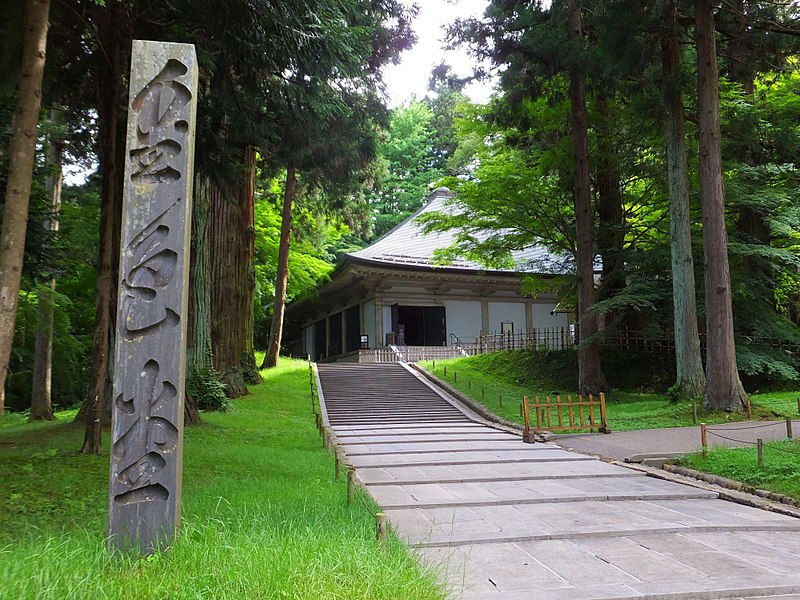
In Heian Period, there was a country in the Tohoku Region, which was independent of the central government of Kyoto.
That was Hiraizumi ruled under Oshu Fujiwara Clan. Still today, the body of three generation kings who built the prosperity of the country is settled in Konjikido (Golden Hall) of Chusonji Temple, which is registered as a World Heritage Site.
Let’s learn about Chusonji Temple that the famous haiku poet of the Edo period, Matsuo Basho also visited.
World Heritage Site Chusonji Temple
The country of Fujiwara Clan
In 850, the high priest of Hieizan Enryakuji Temple En^nin (Jikaku-daishi) established Chusonji Temple.
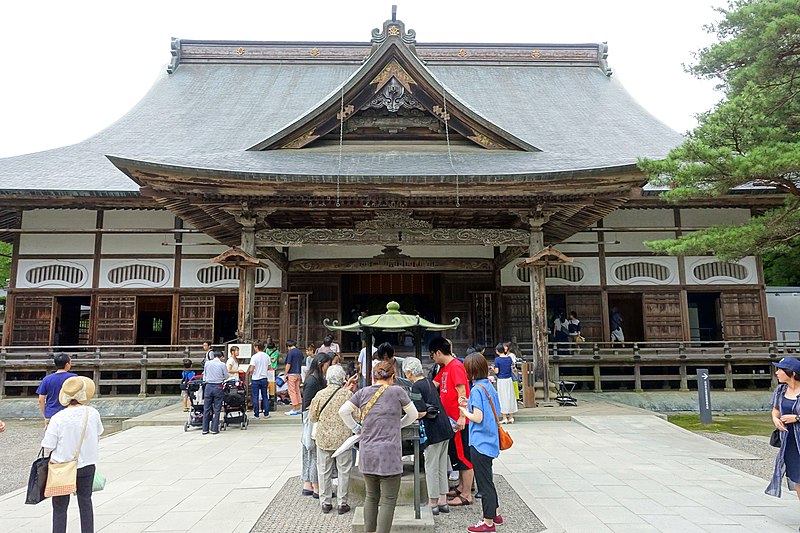
Then, the first lord of Oshu Fujiwara Clan Kiyohira (1056-1128) ordered to build the halls and pagodas in large scale in 11the century. He won the battle of Zen Kunen no Eki (Earlier Nine Years’ War) and Gosannen no Eki (the Later Three Years’ War) and became the lord. But the battles were fought among the relatives. He mourned the death of the people and hoped to establish the peace country ruled by the Buddhist teachings.
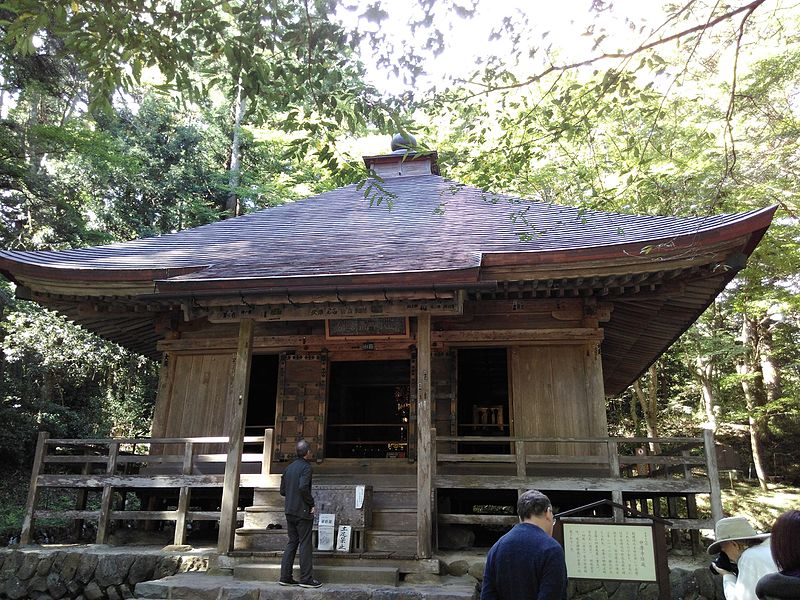
As his wish came true, the peace in Tohoku Region continued for 100 years with his son Motohira (1105-1157) and grandson Yasuhira (?-1187). But Yasuhira (1155-1189) was involved in the battle between Minamoto Yoritomo and his brother Yoshitsune, invaded by the army of Kamakura Shogunate. Oshu Hiraizumi went to ruin in 1187.
The Japanese culture and Chusonji
After 500 years, the haiku poet Matsuo Basho visited Hiraizumi on the way of the journey of The Narrow Road to the Deep North. He composed the haiku with honoring the history of Oshu Fujiwara Clan.
夏草や 兵どもが 夢の跡
Natsukusa ya/ Tsuwamonodomo ga/ Yume no ato
<English>
Grasses in summer.
The warriors’ dreams
All that left.
Read 10 famous Matsuo Basho’s haiku poems
And in the 20th century, the traveling artist Kawase Hasui made the woodblock print of Konjikido. It was his last work.
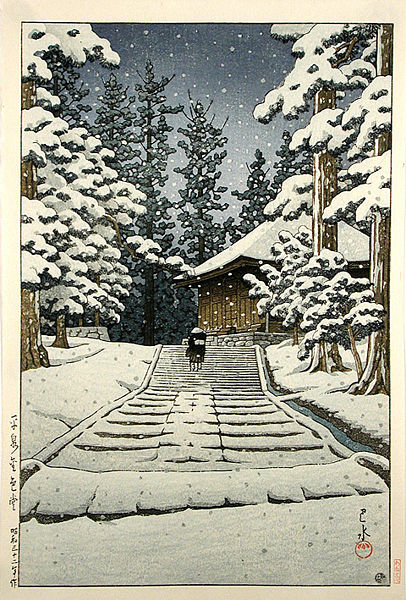
See other artworks of Kawase Hasui.
Map
Hiraizumi is famous for the traditional craft Nambu Tekki (cast iron ware). When you visit there, don’t miss it!
The articles about Nambu Tekki

